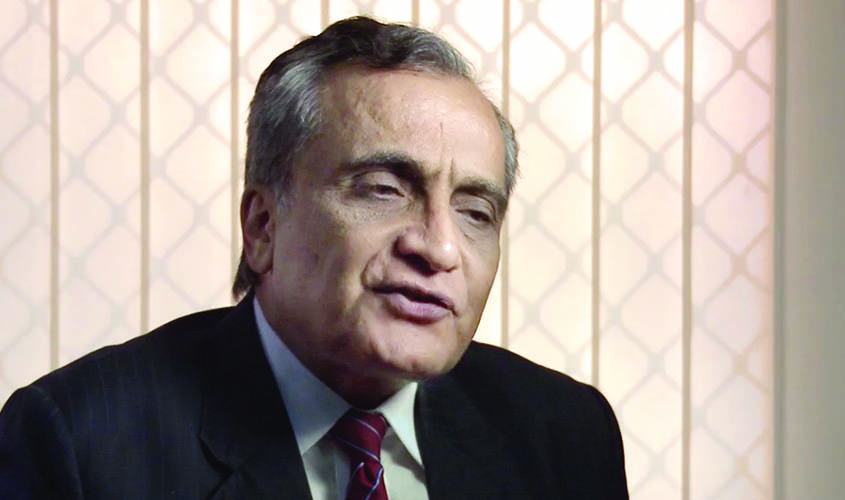The Act makes it a right for mentally ill people to be able to access treatment, but delivering it is a challenge, says IHBAS director.
Dr Nimesh G. Desai, the director of Institute of Human Behaviour and Applied Sciences (IHBAS)—Delhi’s only government mental health hospital, who has been at the helm of affairs for over 10 years now, talked to The Sunday Guardian about the new Mental Health Act and challenges that mental health norms face in India. Excerpts:
Q: The new Mental Health Act has been widely applauded. What challenges do you see?
A: The Mental Health Act is aspirational, but partly unrealistic. The Act makes it a “right” for mentally ill people to be able to access treatment, but delivering it is a challenge. Currently, there are only 20% people who are able to access mental healthcare. The concept of care is not limited to doctors and medication, but what we need is a complete spectrum of mental healthcare which means that the family should get support, no social discrimination, no lack of vocational opportunities and generation of job opportunities for such people. The other challenge is to make insurance companies comply with the Act.
Q: India suffers from a shortage of mental healthcare doctors. How can this change?
A: The government of India has tried to bridge the gap between the demand and supply of doctors through various programmes. But bureaucracy and regulatory hurdles makes it difficult for the system to deliver. IHBAS is an example of such shortcomings. Now, eight MDs (Doctor of Medicine) come out of IHBAS annually, while we can produce 15-20 MDs easily. That apart, for the last 15 years, we only had two MDs. It was only last year on wards that IHBAS started the post graduate course for eight MDs.
Q: Recently, cases of healthy people being sent to IHBAS by court’s order or police intervention came to the fore. Your comments.
A: A mentally healthy human being, too, can behave in a different fashion, but that does not necessarily one turns them into a patient with brain disorder. Orientation programmes for authorities is a must. Keeping the personnel informed is the easiest way to ensure such incidents are not repeated. With all due respect, the judges, the police and even the hospital attendants come from the same society that has parochial prejudices towards people with mental health conditions. The High Court had already observed the need to educate authorities which has been done and perhaps is the reason why such cases are rare, but yes, awareness needs to be a continuous process.
Q: Recently, IHBAS has been locking horns with the National Green Tribunal (NGT). Can you tell us the status of the cases?
A: IHBAS is one of the few government mental health hospitals that has NABHH (National Accreditation Board for Hospitals & Healthcare Providers) accreditation. Respecting the concerns of NGT and CPCB (Central Pollution Control Board), I will clarify that the two cases which have been filed against IHBAS are maliciously motivated. The first case was definitely misrepresentation of facts between solid waste management and bio-medical waste management. In the second case, the NGT had ordered us to install autoclave machines which we had already done. Then, the NGT had also said that it must be done in consultation with the CPCB. But we were already in consultations with the CPCB through unofficial channels. Moreover, the CPCB did not have any laid out procedures for autoclaves. But whatever guidelines existed for autoclaves, ours matched those standards. These cases have been motivated in nature.
Q: How is IHBAS trying to improve the situation of mental healthcare?
A: IHBAS has the capacity to serve the whole of North India and its scope should be broadened. Currently, IHBAS works in collaboration with an NGO based in the Jama Masjid area to reach out to mentally ill patients among the homeless. We also have a Mobile Mental Health (MMH) unit that can help the mentally ill found on streets. We have also set up a Mobile Court where IHBAS’ team facilitates fast track treatment in co-operation with local police. The mentally ill among the homeless is the biggest challenge. The condition of homeless women patients is even worse. This is where such innovative programmes can be expanded and help the needy.

